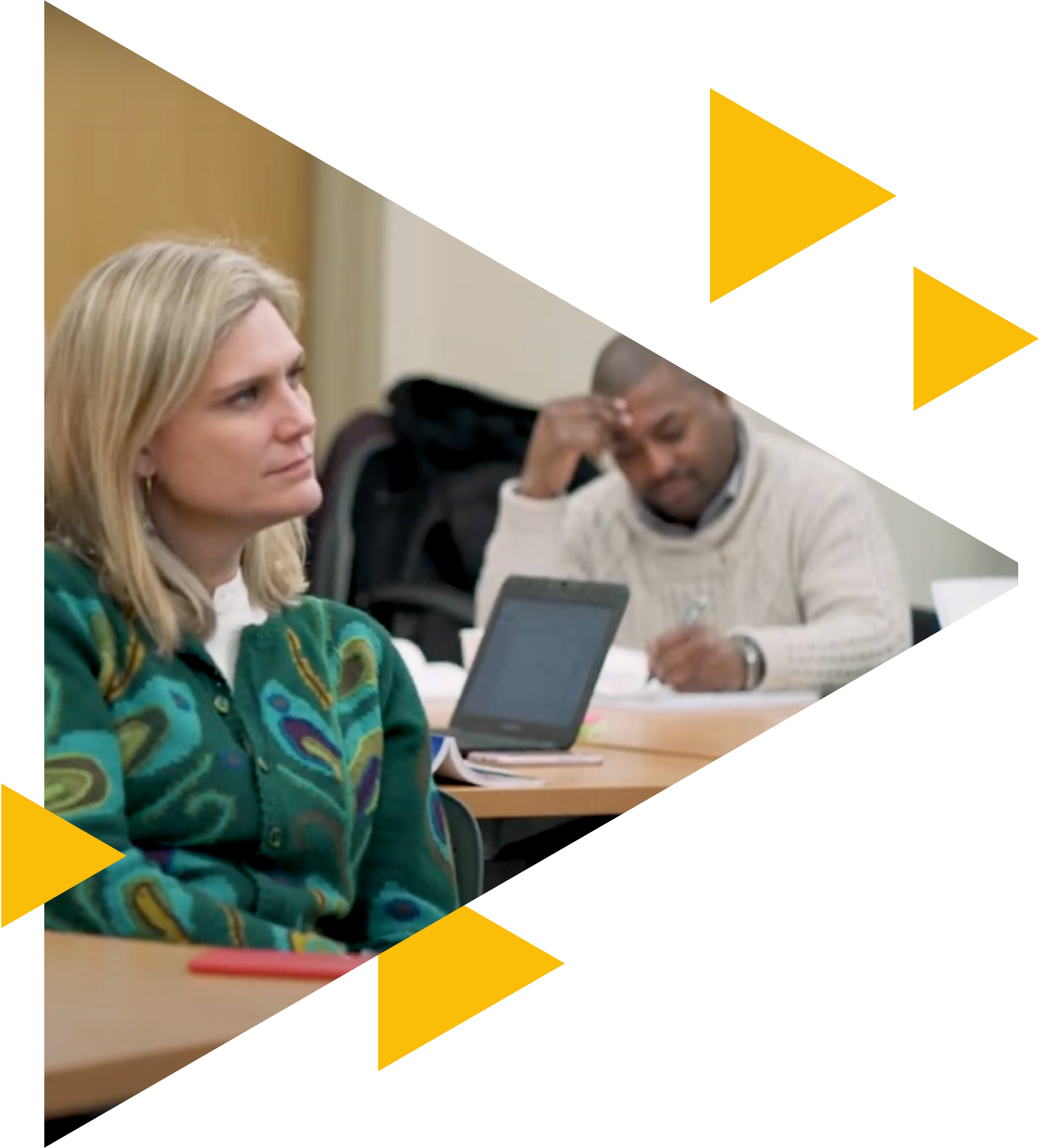Because equity takes deep acumen.
Upcoming Academies
Culturally Responsive School Leadership Legacy Academy
Join us online for an opportunity to experience our original Culturally Responsive School Leadership (CRSL) Legacy Academy. This Academy guides participants to develop core Culturally Responsive School Leadership skills by uncovering historical oppression and learning to disrupt inequitable systems in pursuit of racial equity and social justice.
Registration Deadline: July 15, 2025
*Discount available for past customers and districts with financial need. Email members@crsli.org for more information.
Four academies.
Four dynamic scholars.
Each giving leaders a new set of eyes.
The Original CRSL Legacy Academy
Featuring the work of Muhammad Khalifa, PhD, author of Culturally Responsive School Leadership
Genius & Joy Academy
Featuring the work of Gholdy Muhammad, PhD, author of Cultivating Genius and Unearthing Joy
Disrupting Equity Traps & Tropes Academy
Featuring the work of Jamila Dugan, EdD, co-author of Street Data: A Next-Generation Model for Equity, Pedagogy, and School Transformation
CRSL for Special Education Academy
Featuring the work of Keith Mayes, PhD, author of The Unteachables: Disability Rights and the Invention of Black Special Education
An informative process for an illuminating outcome.

Who can attend leadership Academies?
Leadership academies are designed specifically for teacher-leaders, school-based leaders, district leaders, superintendents, and board members. However, other educators and staff (such as equity directors/DEI leaders or non-profit organization officers) can also benefit deeply from our CRSL Academies.
How are Academies structured?
In-person leadership Academies are 2 consecutive full days + one half day, and are traditionally hosted by the school district participating in the Academy.
Virtual leadership Academics can either be 2 consecutive full days + one half day, or 5 half-days.
How do I sign leaders at my school or district up for an Academy?
To attend a leadership Academy, you can either join one that has already been scheduled, or contact us to schedule one that works for your district.
This is more than a team-building exercise. It’s a culture-shifting initiative.
Participants walk away with deep knowledge, readily usable tools, and new skill sets that will lead to both short and long-term shifts in practice. Those shifts lead to schools becoming more humanizing spaces for minoritized students.
“The Culturally Responsive Leadership Academy brought our district what is missing in most equity professional development - historical context. This combined with the excellent readings and facilitation has genuinely had an impact on how we view our equity work as system work, not just personal work.”
Renee Corneille - Superintendent St. Anthony-New Brighton Public Schools
Interested in hosting an Academy?
